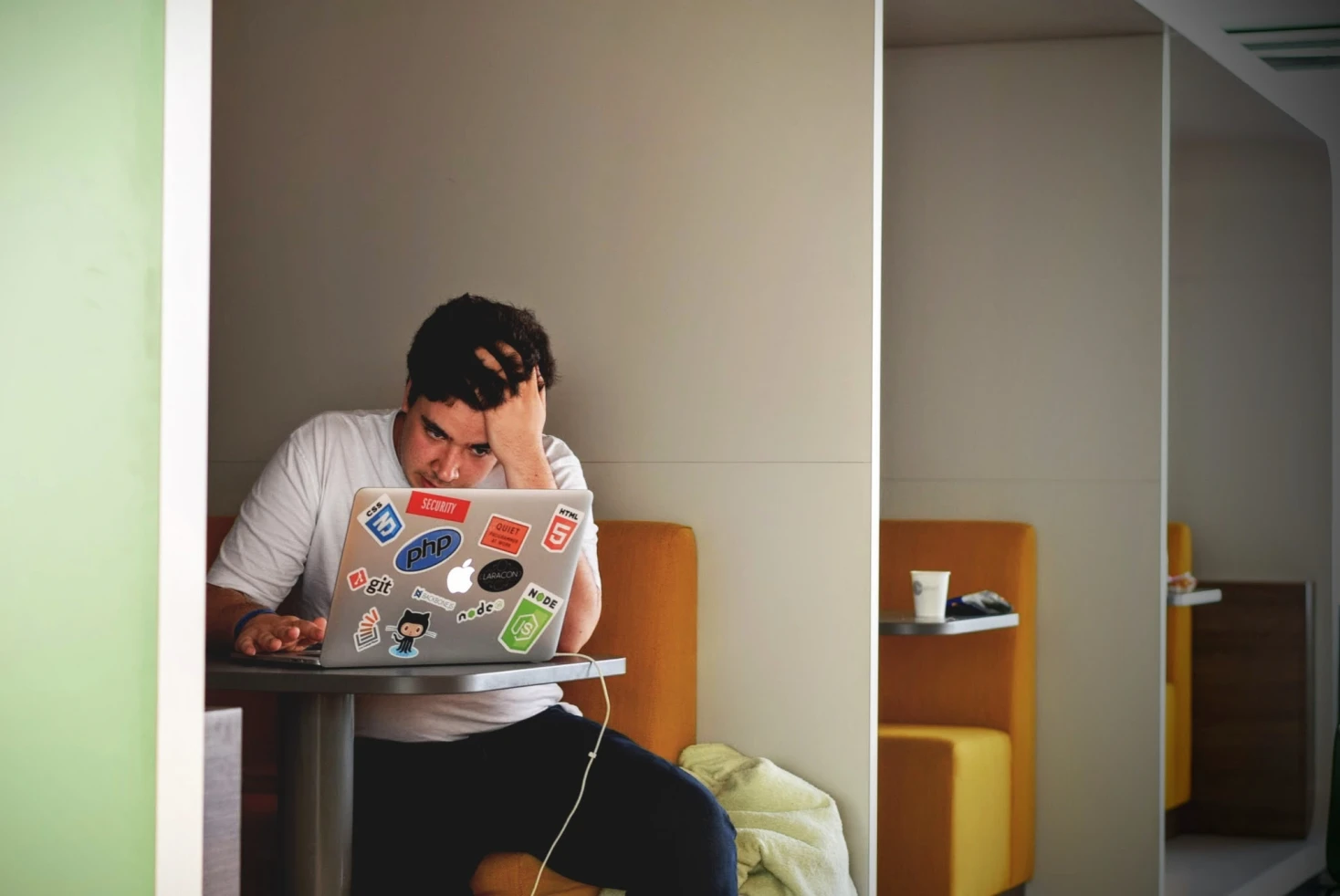The Centers for Advanced Orthopaedics is redefining the way musculoskeletal care is delivered across the region with locations throughout Maryland, DC, Virginia and Pennsylvania.
The Impact of Loneliness on Overall Health & Bone Quality
The Loneliness Epidemic
According to a recent advisory from the U.S. Surgeon General, loneliness is a widespread issue in the United States, and the lack of social connections can have severe health consequences comparable to smoking 15 cigarettes per day. The advisory, titled "Our Epidemic of Loneliness and Isolation," reveals that even before the COVID-19 pandemic, about half of U.S. adults reported significant levels of loneliness.
The report emphasizes the detrimental physical effects of social disconnection, such as a 29% higher risk of heart disease, a 32% higher risk of stroke, and a 50% higher risk of developing dementia among older adults.
Dr. Vivek Murthy, the Surgeon General, acknowledges the challenges in quantifying the immense human suffering caused by loneliness due to rapid societal changes. Factors like increased mobility, frequent job changes, and the influence of technology have profoundly altered interpersonal interactions.
Dr. Murthy emphasizes that loneliness can be experienced even when surrounded by others, as it is primarily determined by the quality of connections rather than the quantity. The advisory highlights a decline in face-to-face social interactions across different age groups compared to two decades ago, particularly affecting young people aged 15-24 who have experienced a significant 70% decrease in socializing with friends.
Dr. Murthy raises concerns about the increasing reliance of young individuals on social media as a substitute for in-person relationships, resulting in lower-quality connections. While online platforms have provided some sense of community during times of limited physical interaction, it is important to be cautious of excessive online engagement at the expense of face-to-face interactions, especially for children.
The goal is to strike a balance that allows for the benefits of online connectivity while preserving the fundamental value of personal, in-person connections in the lives of young individuals.
Loneliness as a cultural Issue
Eric Liu, CEO of Citizen University, recognizes the profound impact of loneliness on both individuals and society as a whole. He emphasizes that loneliness is not only a social issue but also a physical one, leading to increased stress, inflammation, and anxiety. These effects not only affect the well-being of individuals but also hinder community engagement and the sense of connection between people.
According to Liu, prolonged isolation can erode trust and make it difficult for individuals to believe that others genuinely care about their well-being or that finding common ground is possible. He highlights that the challenges we face extend beyond politics and policies; they stem from a cultural problem. Liu commends the surgeon general's report for its focus on fostering a culture of connection as a crucial step toward addressing these challenges.
Dr. Murthy, the surgeon general, acknowledges that loneliness manifests differently in individuals, leading some to withdraw while others become irritable and angry. Recognizing the signs of loneliness is the first step in addressing this issue. Self-reflection and the input of others can help individuals realize if they have been withdrawing or experiencing loneliness without being fully aware of it.
By understanding the impact of loneliness and its various manifestations, individuals and communities can take proactive steps to combat it. Creating a culture of connection and fostering genuine relationships is crucial to address the widespread effects of loneliness on both personal and societal levels.

Can Prolonged Loneliness Impact Bone Health & Quality?
Research indicates that social isolation may negatively impact bone health. According to research conducted by the NIH, prolonged social isolation results in reduced bone mineral density (BMD). The research further indicates social isolation is linked with psychosocial stress and depression - posing a greater risk of osteoporosis and fractures in older adults.